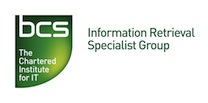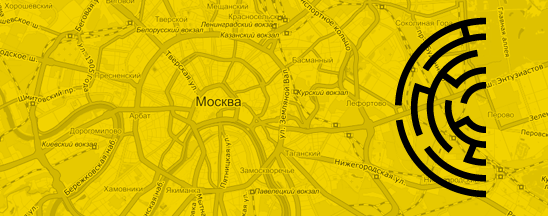The conference accepts not only full-papers, but also poster and demo short papers. Posters should present work in progress or leading-edge work. Demo papers should describe first-hand experiences with research prototype systems. ECIR has traditionally had a strong student focus, and posters and demos whose sole or main author is a postgraduate student or postdoctoral researcher are especially welcome.
All submissions must be written in English following the LNCS author guidelines and submitted electronically through the conference submission system. Poster and Demo short papers must not be longer than 4 pages. Posters and Demo short papers will be presented at a special posters and demonstrations session. All submissions will be refereed. Posters will undergo double-blind peer review, so authors should take reasonable care not identify themselves in their submissions. Demo submissions will undergo single-blind peer review, so they are not anonymous and should preferably contain a link to an online demo.
To submit a poster or demo short paper, please go to the ECIR 2013 submission site:
http://www.conftool.pro/ecir2013/
Important dates:
- 22 Oct 2012: posters/demos deadline
- 30 Nov 2012: notification of acceptance
All deadlines assume Hawaii time-zone.
Poster Chair:
- Eugene Agichtein (Emory University, USA)
Demonstrations Chair:
- Emine Yilmaz (Microsoft Research Cambridge, UK)
Topics
The Poster and Demo Chairs invite for the submission of posters and demos in all areas of Information Retrieval, including but not limited to:
* IR Theory and Formal Models:
- Searching, browsing, meta-searching, data fusion, filtering and indexing
- Text and content classification, categorisation, clustering
- Relevance feedback, query expansion
- Topic detection and tracking, novelty detection
- Content-based filtering, collaborative filtering, Spam filtering
- Personalised, collaborative or user-adaptive IR, recommender systems
- Adversarial IR
- Privacy in IR
- Mobile, Geo and Local Search
* Web and Social Media IR:
- Link analysis
- Query log analysis
- Advertising and ad targeting
- Spam detection
- Authority, Reputation, Ranking
- Blog and online-community search
- Social Tagging
* User aspects:
- User modelling, user studies, user interaction in IR systems
- Interactive IR, User studies, User models, Task-based IR
- Novel user interfaces for IR systems
- User interfaces, visualisation and presentation of queries, search results or content
- Multimodal aspects
* IR system architectures
- Distributed and peer to peer IR
- Parallel IR
- Fusion/Combination
- Open, interoperable and flexible
- Performance, Scalability, Architectures, Efficiency, Platforms
- Compression, performance, optimisation
* Content representation and processing
- IR for semi-structured documents
- IR for semantically annotated collections, semantic search
- Meta information and structures, metadata
- Query representation, Query reformulation
- Text Categorisation and clustering
- Text data mining
- Opinion mining
- Cross-language retrieval, Multilingual retrieval
- Machine translation for IR
- Question answering, Natural language processing for IR, Summarization
* Evaluation
- Evaluation methods and metrics
- Building test collections and metrics
- Experimental design
- Crowdsourcing for evaluation
- User-oriented and user-centred test and evaluation
* Multimedia and cross-media IR
- Speech retrieval
- Image and video retrieval
- Digital music, radio and broadcast retrieval
* Applications
- Digital libraries
- Enterprise Search, Intranet search, Desktop search
- Mobile IR
- Genomic IR, IR for chemical structures, etc.
- Medical IR, legal IR, patent search





